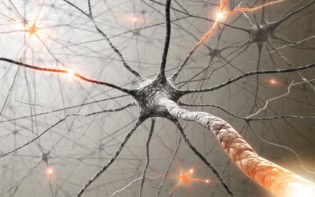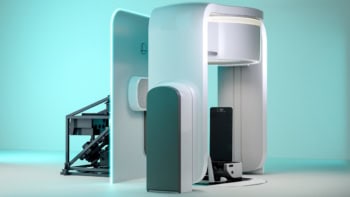A new accelerator-based study has found that ionizing radiation can cause genetic mutations that might lead to cancer, even if the radiation does not damage the nucleus of the cell. Previously it was thought that radiation passing through the cytoplasm - the area surrounding the nucleus - was harmless. The results have major implications for the models used to calculate safety levels for exposure to radiation (Proc. Natl. Acad. Sci. 96 4959).
Li-Jun Wu from Columbia University and colleagues from Colorado State University and the Chinese Academy of Sciences used the radiological research accelerator at Columbia to pass precise quantities of alpha particles through the cytoplasm. They found that it only required eight alpha-particle “hits” in the cytoplasm to increase the normal level of mutations by a factor of three.
When the nucleus in irradiated, the DNA strands are damaged in a number of locations. However, radiation passing through the cytoplasm leads to very small genetic alterations inside a small area, similar to spontaneous mutations in the cell. Wu and her colleagues found that this precise damage was caused by the creation of oxygen free radicals. These molecules interact chemically with the nucleus, causing damage to the DNA. However, as these damaged cells have a higher survival rate than those in which the cell nucleus is directly hit, there is an increased chance of developing cancer. This suggests that low-level exposure to radiation might be more damaging than previously thought. Radioactive gases such as radon are already the second most common cause of lung cancer.



